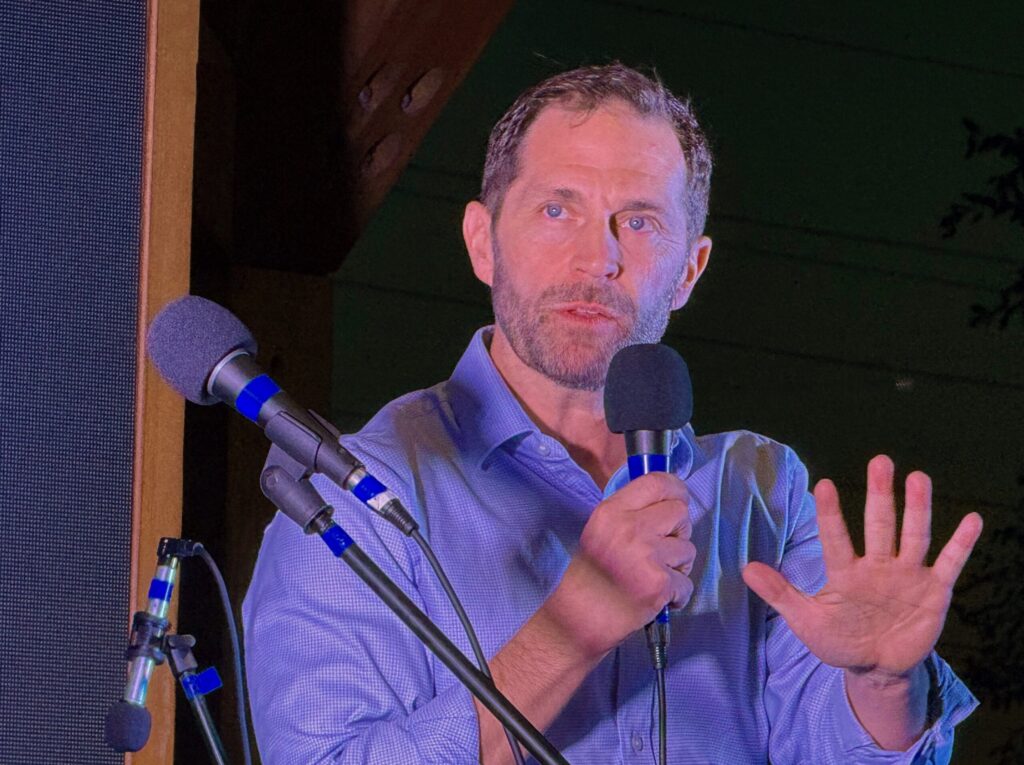Right goal, wrong approach to reduce building emissions | OPINION


Those of us in Colorado’s real estate construction, service and ownership community agree building efficiency and a reduction in greenhouse gas emissions are a priority. We are proud of the advances we have made to support these efforts, beginning with the creation of the LEED Program in the late 1990s, an industry-led program to reduce building emissions and increase energy efficiency.
There is evidence these initiatives are working. According to the City and County of Denver’s Energize Denver Office, since 2012 building has increased by 30% but energy use has only increased by 8%. We have worked for years to make our buildings better, cleaner and more efficient, collaborating with lawmakers and regulators to meet the standards that have been set, while keeping costs to Coloradans manageable and tolerable. We have accomplished all of this without government mandates.
Building owners and developers support the state’s energy-efficiency goals and appreciate the importance of addressing energy consumption and GHG emissions from the building sector, but the ways we attain those emissions reductions should be reasonable and practical. The Air Quality Control Commission is holding hearings this week on proposed Regulation 28, which seeks to quantify greenhouse gas emissions that can be attributed to buildings and establish related building performance standards. Though the intentions of the rule are commendable, this new approach is highly concerning because of its lack of flexibility, unattainable targets and arbitrary timelines, and it will impose additional costs on an industry that is already struggling.
In the Denver metropolitan area and elsewhere, commercial office buildings and real estate owners are operating in a financially stressful environment due to many pandemic-induced circumstances, including high vacancy rates and rising foreclosures; stagnant demand and declining lease rates; rising interest rates and inflation; loan delinquency; supply chain problems and access to capital challenges, among others. Further compounding these significant issues are competing policy pressures related to affordable housing, and the fact that the commercial building industry is already working to implement several other recently adopted climate-related policies. In fact, the Colorado Energy Office reports since 2018 the legislature has passed 138 bills directly addressing climate and energy issues. The state should first focus on understanding how all these separate efforts work together before adding yet another to the mix.
Stay up to speed: Sign-up for daily opinion in your inbox Monday-Friday
As it stands now, the proposed rule would require the upgrades or retrofit of 8,000 buildings in seven years. This is the equivalent of about three buildings per day, 22 per week, 95 per month and 1,200 per year. And if building owners fail to comply, they will be subject to substantial fines and penalties. This requirement is simply unrealistic given current workforce and supply chain shortages. The net result will be to further burden building owners at a time when they are already grappling with numerous economic challenges, and it will increase the affordability crisis so many Coloradans face today.
The bottom line is the costs for commercial buildings to comply with Regulation 28 will be an estimated $3.1 billion in expenses. That’s a hard pill to swallow for our partners in the health care space. According to the Colorado Hospital Association’s recently released Colorado Hospital Industry Update, expense trends for Colorado hospitals continue to rise at near double-digit rates and are higher than other states. Total expenses so far in 2023 are 30% higher than pre-pandemic levels, nearly 8% per year, driven by increases in staffing, medical supplies, pharmaceutical costs and growing administrative costs to support regulatory requirements. The proposed rule will only add to the financial strain on hospitals and medical care facilities.
Any new regulatory framework should strike a careful balance between the aspirational and implementable, the technologically feasible and fiscally responsible. Issues like workforce availability and supply chain challenges should all be considered as a final rule is adopted. The new rule should integrate realistically attainable targets, a specific pathway to get there, significant flexibility in implementation and a clear and predictable process for building owners to propose timeline and target adjustments.
As an industry, we are dedicated to protecting and preserving Colorado’s environment and open spaces, and providing affordable and attractive homes, apartments and commercial buildings to serve the needs of Coloradans. These efforts – when done in a realistic, flexible and predictable manner – don’t have to be mutually exclusive. We look forward to partnering with our state regulators to identify a building emissions reduction strategy that is predictable, manageable and serves a collective purpose.
Right goal, wrong approach.
Dave Davia is chair of the Colorado Real Estate Alliance – a coalition of real estate focused organizations with both residential and commercial interests – whose mission is to advocate for regulations, legislation and policies that increase real estate ownership and construction affordability, foster safety of residents and workers, sustain and increase workforce development, and provide opportunities to gain access to new markets in the Colorado real estate industry.













